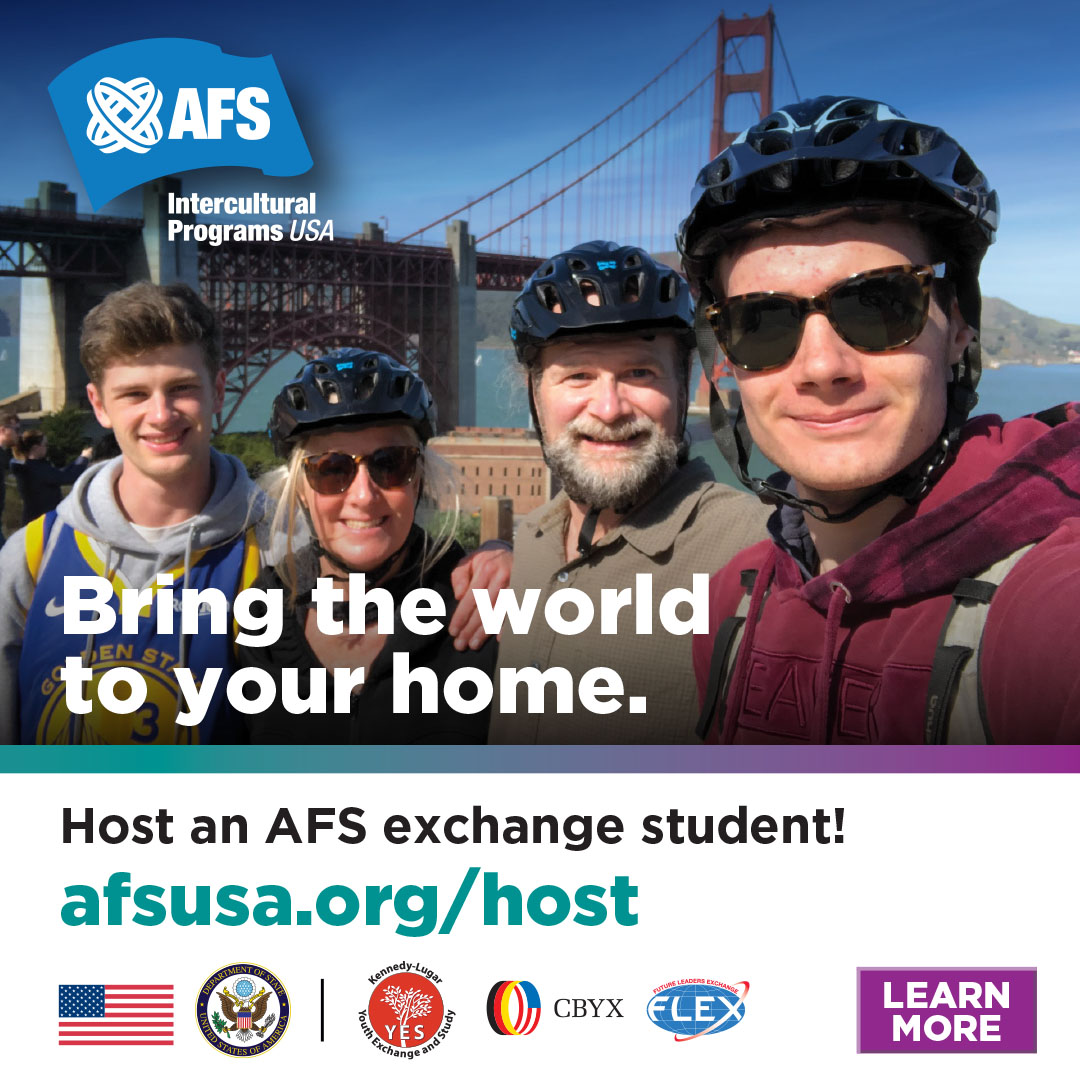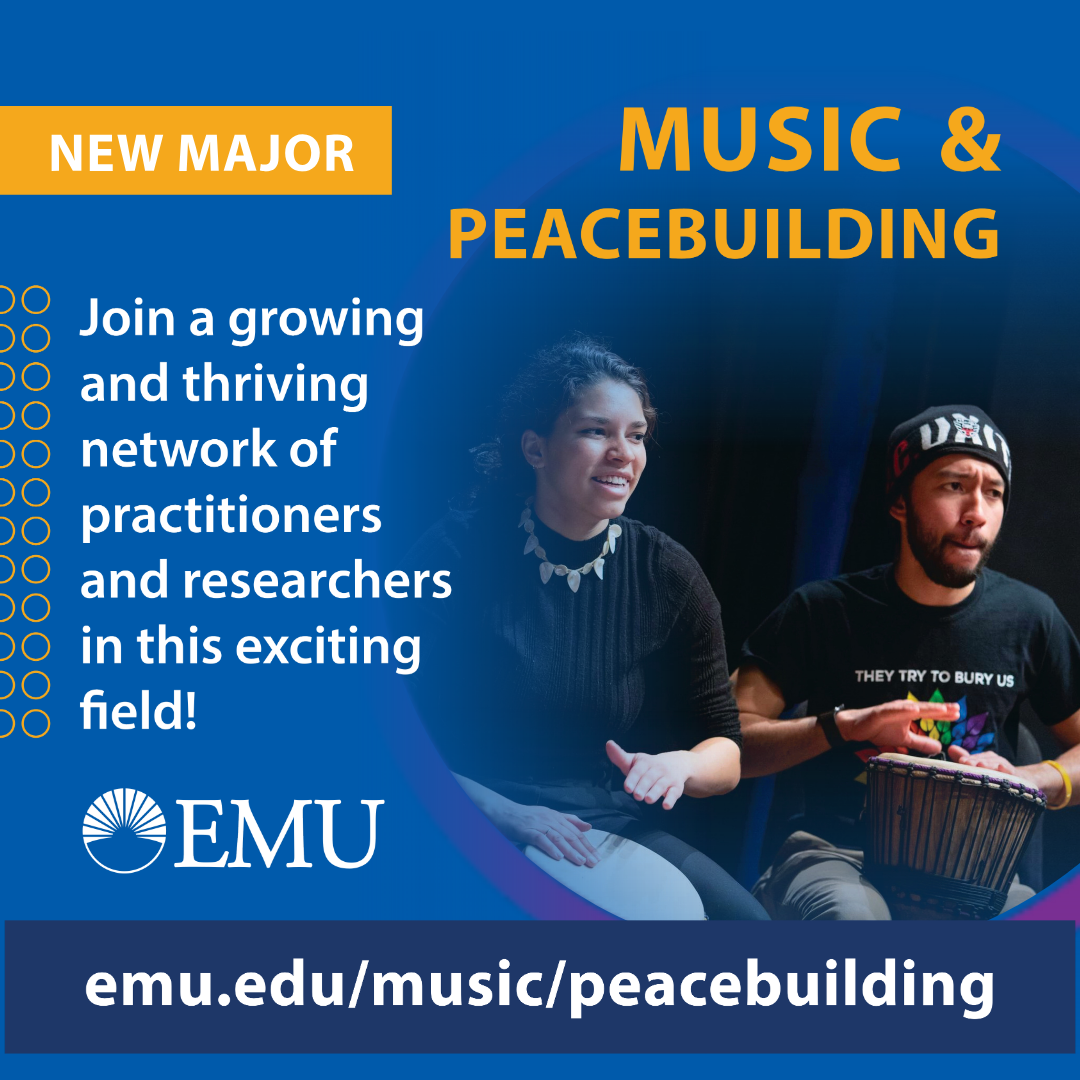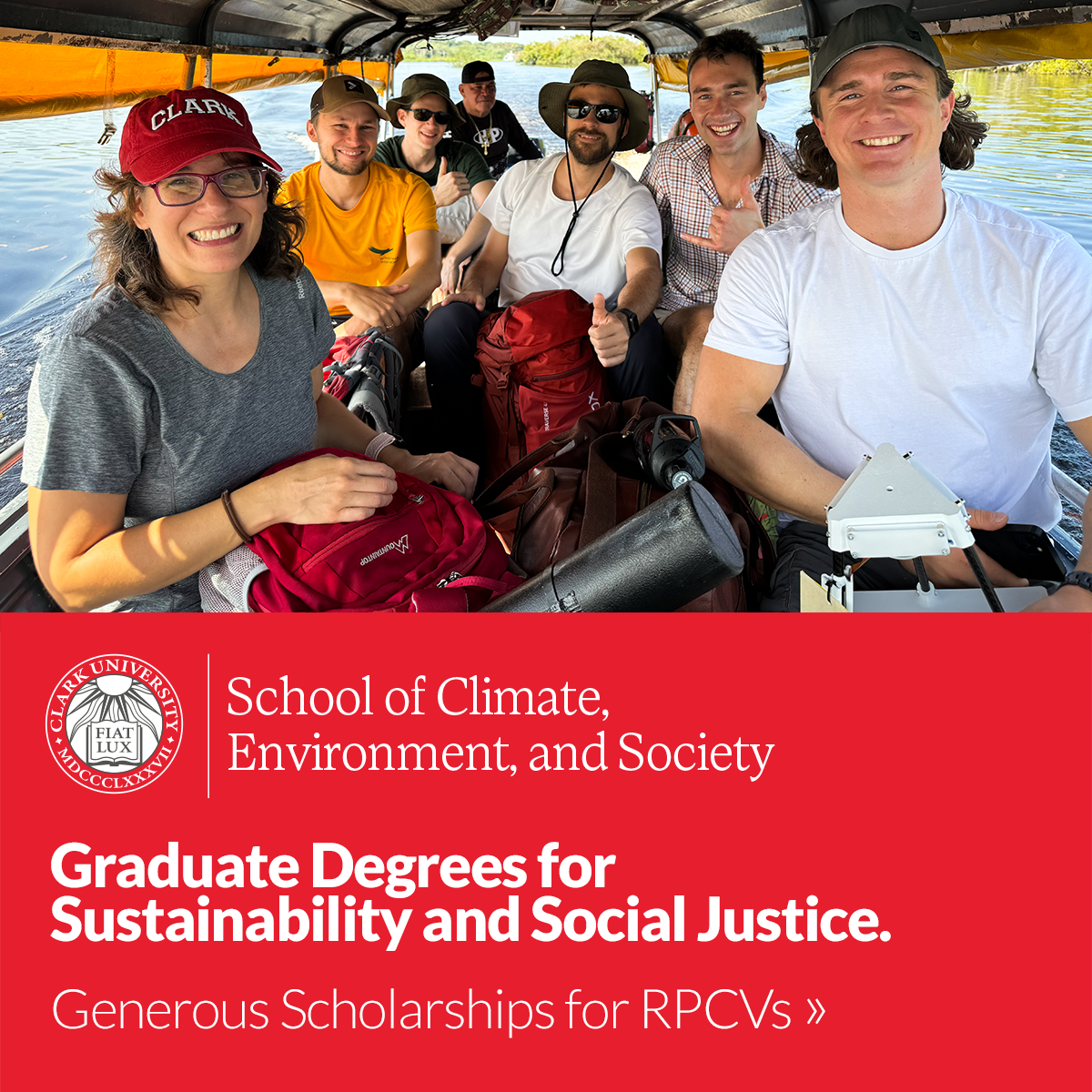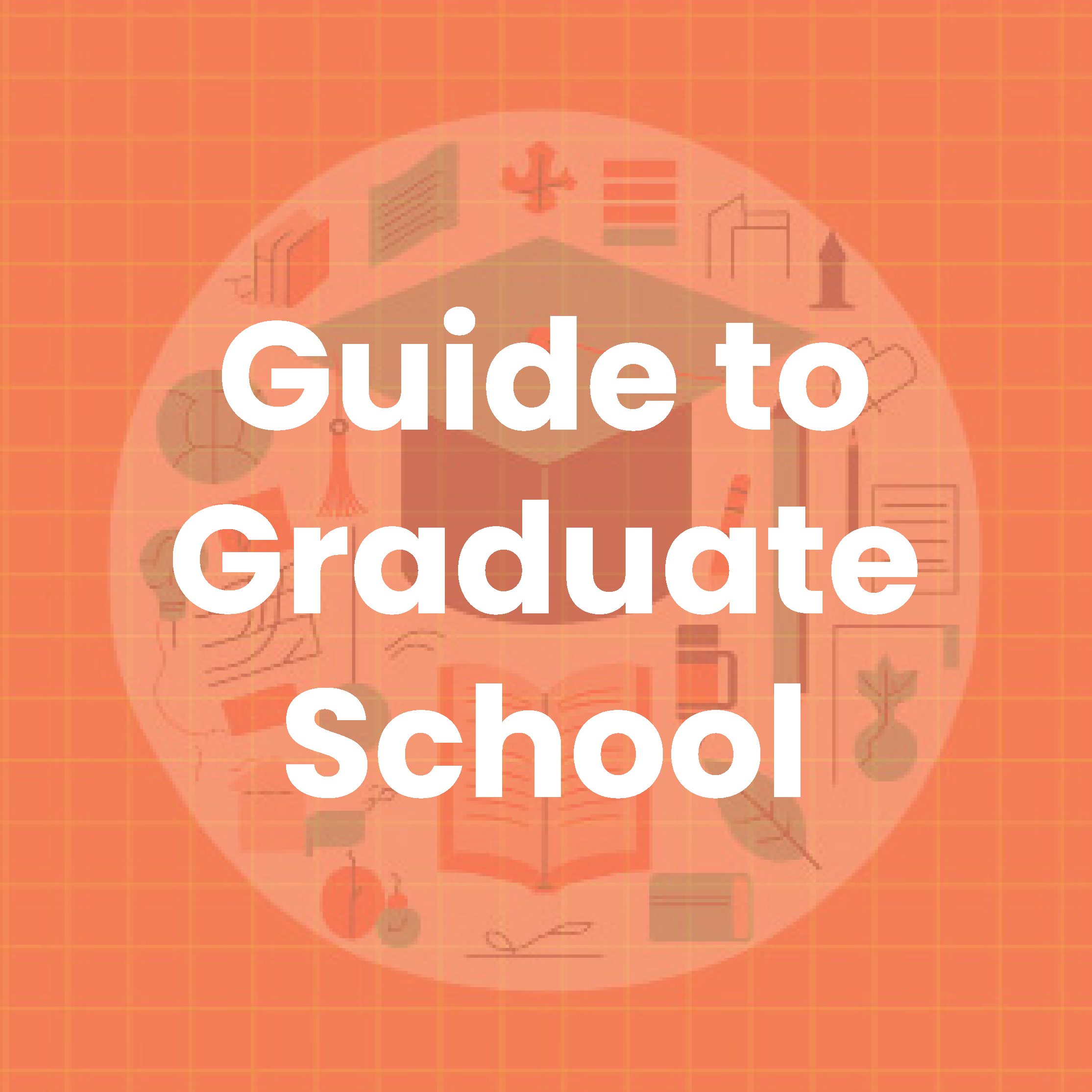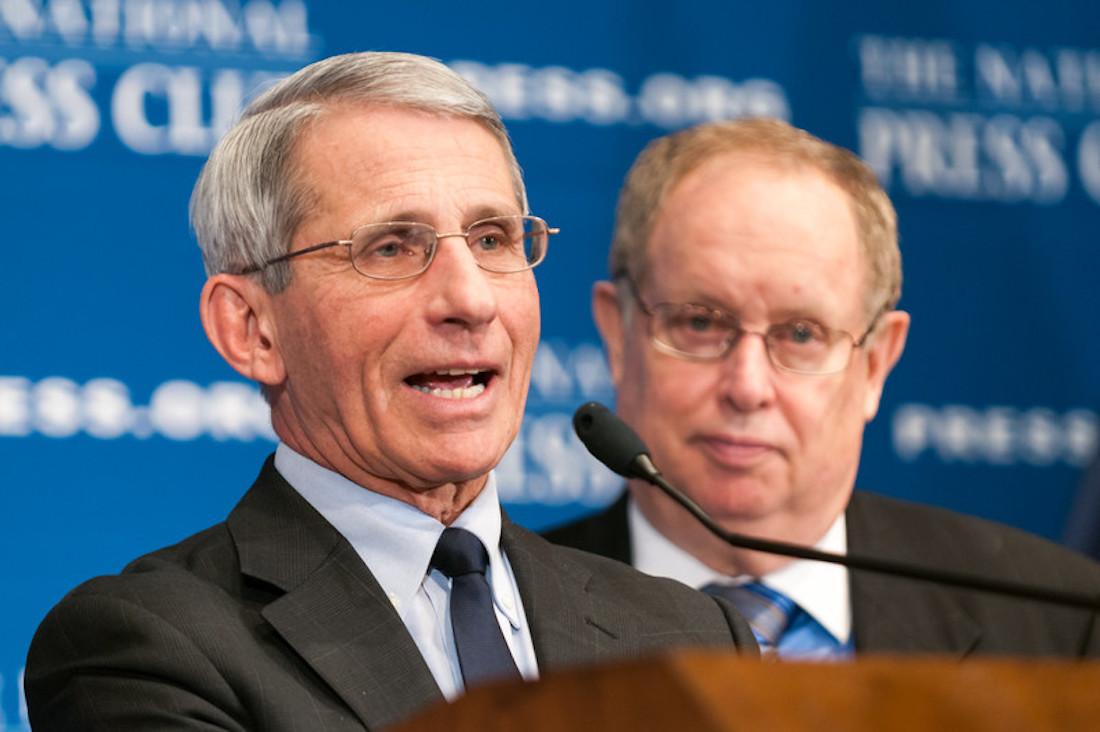
Domestic Deployment
RPCV contact tracers played a critical role on the front lines of the COVID-19 response.
A vaccine against the virus was still a work in progress. The response to the pandemic was politicized and disorganized. And for the first time in its history, Peace Corps evacuated all Volunteers serving in the field. They returned through empty airports to a country in lockdown, with an economy in shock and a medical system pushed to the edge.
But from all this bad news a possibility emerged. Public health systems across the country were in desperate need of contact tracers to reach out to people who had been diagnosed with COVID. And more than 7,000 Volunteers had suddenly found themselves jobless during a global economic meltdown. If Volunteers could be recruited as contact tracers, one problem could help to solve another. The idea seemed simple enough, but I had no idea how complicated it would be to see it through.
As it turns out, I wasn’t the only one who had this idea. At the time, I had just returned from implementing a training program in Madagascar for USAID and all of my upcoming consulting contracts were being cancelled one by one. After the initial shock of dealing with the impact of the pandemic, I contacted Glenn Blumhorst, then president and CEO of the National Peace Corps Association, and joined in a conversation with other Returned Peace Corps Volunteers who shared the same vision of deploying Volunteers as contact tracers. The need was obvious. Dr. Peter Kilmarx, deputy director at the National Institutes of Health and a Returned Peace Corps Volunteer in Zaire (now Democratic Republic of Congo), described the extent of the need for contact tracers, saying, “We need 100,000 contact tracers; we have 11,000.”
7,000 Volunteers had suddenly found themselves jobless during a global economic meltdown. If Volunteers could be recruited as contact tracers, one problem could help to solve another.
The solution seemed obvious too. Dr. Kilmarx was an early supporter of the idea of Volunteers serving as contact tracers. If you ask me what makes a great contact tracer, I would say a Returned Peace Corps Volunteer, or anyone with that kind of resilience, cultural competence, and a spirit of service to the community,” he said. An informal working group formed under the umbrella of NPCA’s Emergency Response Network and began meeting to flesh out how to make it all happen.
We had what we thought were strong selling points. Many returned Volunteers have unique technical, language, and cross-cultural skills, along with a proven desire to serve. All had experience working with underserved communities, adapting to and overcoming the challenges of working with minimal resources and supervision. With the support of Dan Baker, at the time the director of NPCA’s Global Reentry Program and now the organization’s president, the working group recommended that NPCA create a temporary employment agency, run by the Emergency Response Network, to provide teams of contact tracers to local public health departments. All we would need to do was find a local partner who needed contact tracers.
That’s when things got interesting, complicated, and at times frustrating. We knew that we had to work with local health departments and that the best approach was to deploy a group of Volunteers working together as a team. The challenge was finding a partner with the imagination to see the value of what Volunteers could offer, the resources to pay them, and the means to hire them.
Over the summer of 2020 we made hundreds of calls, reaching out to public health departments across the country, from Pennsylvania, to Oklahoma, and Colorado. We found allies along the way, such as the Association of State and Territorial Health Officials, who helped to identify health departments that might be open to using Volunteers as contact tracers. We also followed numerous leads that ran into dead ends. Although the response to the pandemic was massive, involving more than 100 federal agencies and 3,100 local health departments, it was also fragmented and overtly political. The need for contact tracers was glaring, and significant resources were available, but finding the will and the way to bring the two together was often frustrating. We would need to find local partners who understood the value that Volunteers could offer and were willing to go through the bureaucratic process required to hire them. It was a greater challenge than we could have ever imagined.
However, by August 2020 we had a promising lead with the Seattle & King County Public Health Department. With the support of SEAPAX, the Seattle Area Peace Corps Association, we quickly identified and interviewed a dozen evacuee Volunteers and RPCVs interested in working as contact tracers. In early October, six months after the idea first took shape, NPCA signed a contract with the Seattle Public Health Department, and we started to make job offers. We had no way of knowing it at the time, but this was the beginning of a 19-month collaboration that would end up touching the lives of thousands of people dealing with COVID-19 and would change the lives of the contact tracers themselves.
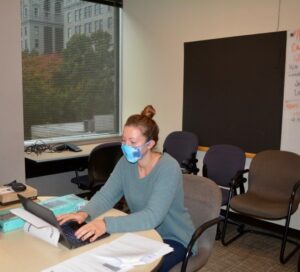
Lauren Hengtgen (Philippines, 2010-12) served as a contract tracer during the COVID-19 pandemic. (Credit: Lauren Hengtgen)
The first group of eight contact tracers was trained in late October 2020. During their training, Dr. Anthony Fauci sent a video to offer his encouragement, saying, “I am a long-standing admirer of your passion and dedication to a purpose greater than yourselves. I am profoundly grateful for your resilience and your adaptability that has enabled you to transfer your skills and commitment to this urgent need in our country to get the COVID-19 pandemic under control.” As it turned out, the team would need all their reserves of resilience and adaptability to bend the curve. They would be at home alone, working eight-hour shifts on their phones and computers, for months. In fact, their training day was the last time the whole team would be in the same room for two years.
The team started work in early November, just as the first big wave of infections was hitting the country, and continued to work seven days a week through the holidays. The contact tracers’ work involved reaching out to patients who tested positive for COVID-19 and providing advice on health guidelines and resources for support. While they could not provide medical advice, they were frequently the first to offer information and assistance to people infected with COVID-19, directing calls to appropriate healthcare professionals. The job required the full range of their communication skills, as well as the patience and technology skills to work with wonky software. Above all, it required practiced self-reliance and the ability to maintain composure in stressful and unpredictable situations. The team leader, Eva Sundgrenz (Uzbekistan 2000–01), described the feeling of those first few weeks: “We were forged by fire. The gravity of what we were taking on wasn’t clear until we were in it. And then we were really in it.”
As 2020 drew to a close, the team worked through the holidays, settling into their multifaceted roles: part detective, part therapist, and part social worker. Knowing that when they made a phone call, they were often the first point of contact people had with the public health system, the contact tracers had to quickly build a rapport with the person on the other end of the line. And frequently they had to share information that was hard to hear, telling people that they were infected with COVID-19 and needed to quarantine. The stress was real as they struggled to stay patient and empathetic in the midst of the pandemic. Daily contact with other team members via Zoom and texts was an important part of their self-care. But even with that support, the whole experience could be exhausting and emotionally overwhelming.
There were the bad days, the hard calls with people who were pregnant and worried for their children, the vaccine refusers and conspiracy theorists, the people who wouldn’t listen or became abusive. But there were also the good calls, like when a contact tracer was able to send a bag of groceries to two essential workers who had just been quarantined so they could feed their families, or to refer someone to lifesaving medical assistance. By the time the funding for the team ended, they had handled more than 30,000 calls and reduced callers’ maximum wait time from an hour and a half to just six minutes. Much like being a Peace Corps Volunteer, it was a difficult job, one that made a difference, and one that they will remember forever.
As they concluded their time working with the Seattle Public Health Department, nurses organized a call to celebrate the team and thank them for their work. They described the Volunteers as a “dream team” that embodied the best that Peace Corps Volunteers have to offer, and said that they couldn’t have made it through the pandemic without them. The nurses said that, with their compassion and professionalism, the team had helped to save lives. The head of the Public Information Call Center, who had served in her position for decades, described her experience with the team as the best work of her career.
Although the Seattle team is no longer active, NPCA was motivated by the success of the Emergency Response Network to provide access to similar opportunities through its recently launched Continuation of Service Program, now led by network veteran Eva Sundgrenz. This program matches RPCVs with partners working in refugee outreach, environment and climate change, and education and literacy. Building such networks and partnerships will allow returned Volunteers to continue to serve when the need arises in the future. They have already proven that they can make a difference one more time.
John Berry (Niger 1986–89) served as a director for the NPCA Emergency Response Network in 2020. He also worked with the NPCA Crisis Corps in Rwanda in 1994 and 1995. He is currently president of the Seattle Area Peace Corps Association, or SEAPAX.
Related Articles
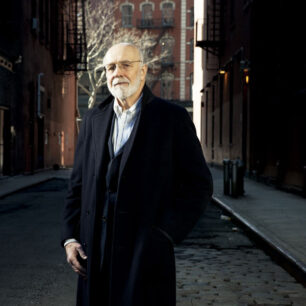
Made in America
Charlie Clifford (Peru 1967–69) is the founder of Tumi Inc., a global travel luggage brand, as well as Roam Luggage.…
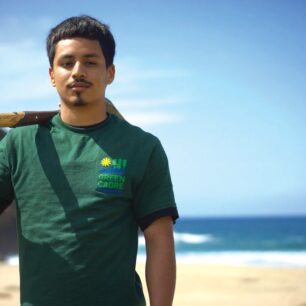
“Bigger Than Peace Corps”
California Service Corps is the largest state-based service program in the U.S. , with more than 10,000 volunteers across the…
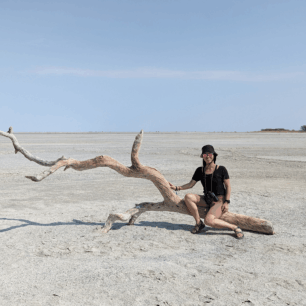
Signal Boost
The digital world is awash in voices seeking monetary reward or improved social status, as the online acronym goes, IRL…
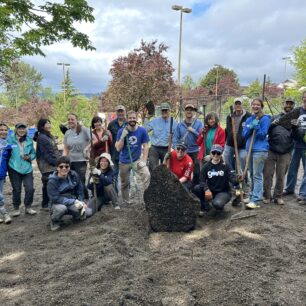
Garden of Refuge
As part of our commitment to continued service, the Seattle Peace Corps Association (SEAPAX) is partnering with World Relief Western…

